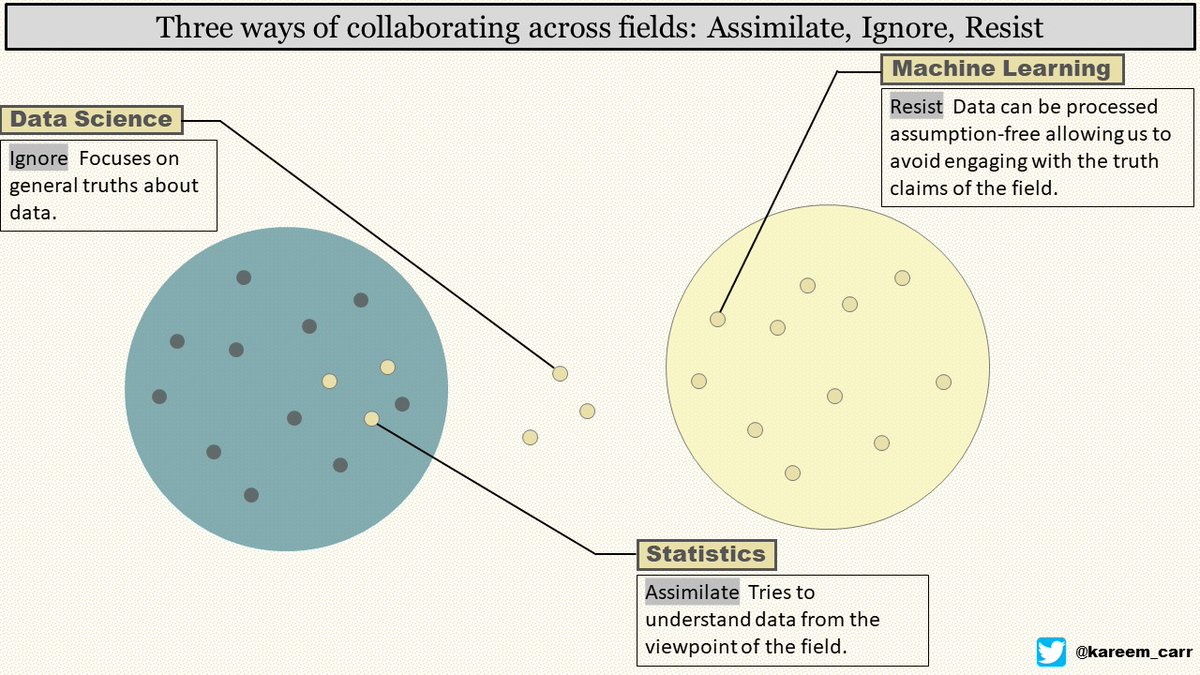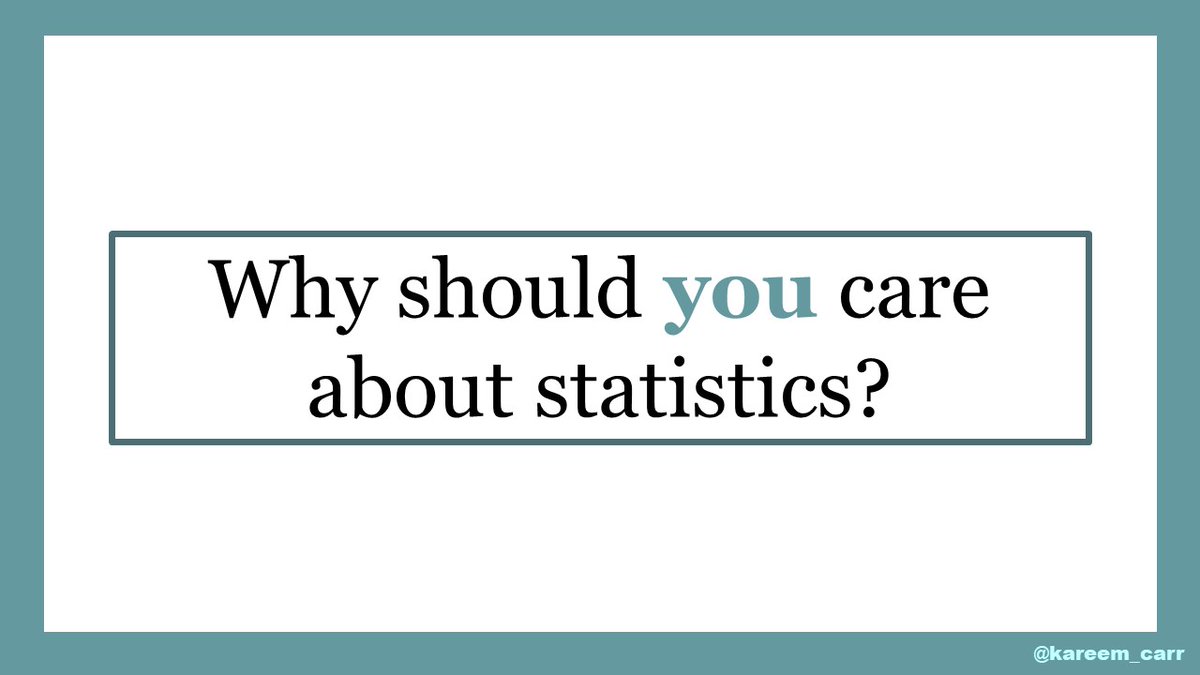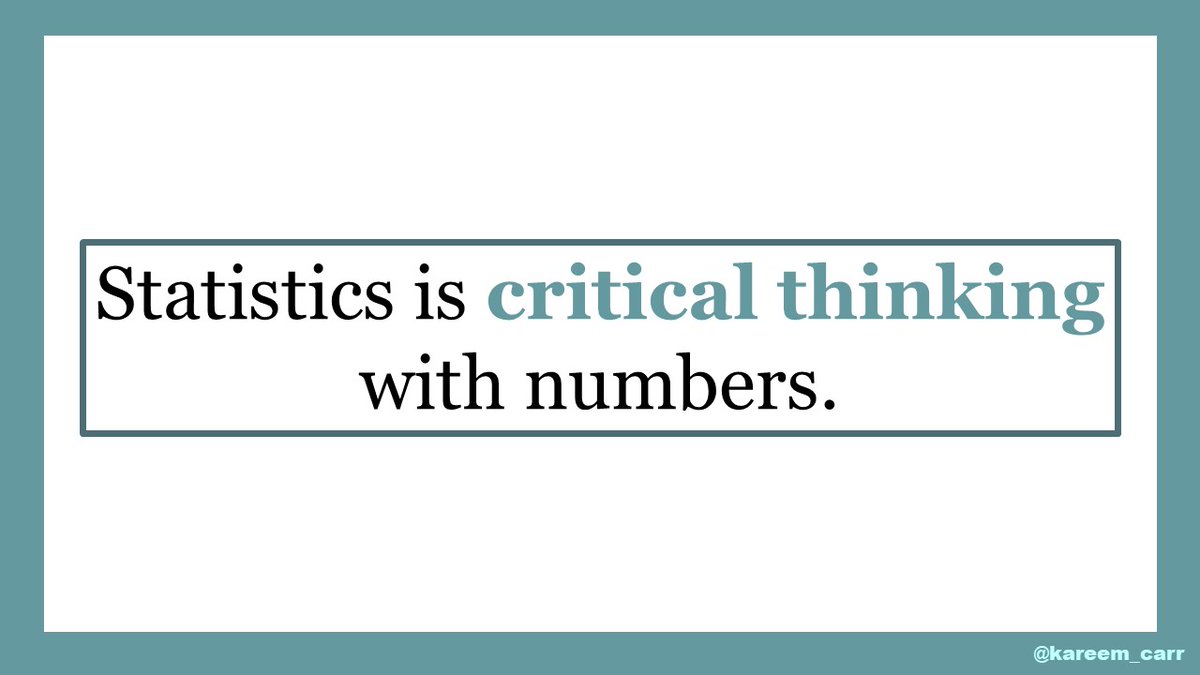
I've worked in a lot of different sciences and what I've discovered is that each science is its own slightly bizarre alternate reality where the scientific method turned out differently.
People say you're entitled to your own opinion but not your own facts. But I need you to hear this: every science has its own facts. And I don't want to freak you out but they don't even agree on what a "fact" actually is.
The scientific method relies on the answers to questions like 'what is evidence'? Sciences are free to answer these questions in their own way and to define their own scientific method. 

When we're confident that the other people in our intellectual community share our ways of knowing, it allows us to outsource learning about the world to those people. 

If we define a "fact" as a claim that has been proven according to our community's standards of proof then it becomes obvious that each intellectual community can have its own facts. 

For example, Statistics and Machine learning are focused on very similar subject matter but have different ways of knowing. This leads to each group having their own set of facts about the exact same topic. This is an extremely frustrating experience for both parties. 

Values are also very important in sciences. Imagine how chaotic discussions in the health sciences would be if humans didn't all agree that being sick was bad. Compared to physicists, social scientists don't have strong agreement on what they're all doing. 

If you and I aren't on the same page about what we're trying to do with our science then I might feel uncomfortable outsourcing the task of knowledge creation to you.
Collaboration between sciences is a popular idea but often the optimism ignores the philosophical differences between academic fields. What counts as "science" in one field might not count as science in another. 

There are real philosophical, sociological and even psychological forces that act to push different intellectual communities apart. 

For example, the three related fields of Data Science, Statistics and Machine Learning often collaborate with other fields. They also illustrate three different approaches to collaborating with intellectual communities with different ways of knowing. Assimilate, Ignore, Resist. 

Sometimes a field, like Physics or Economics, will try to "educate" another field. This often doesn't go well. An intellectual community will have trouble trusting outsiders with different values and ways of knowing. 

During the pandemic, I've seen people struggle with with the question of who is an expert. Even some scientists are unsure. I think the ideas in this thread explain why. There are no easy answers.
This kind of long-form content takes extra work so if you like it and want to show support, like and retweet the thread, and give me a follow! 🙂
• • •
Missing some Tweet in this thread? You can try to
force a refresh







